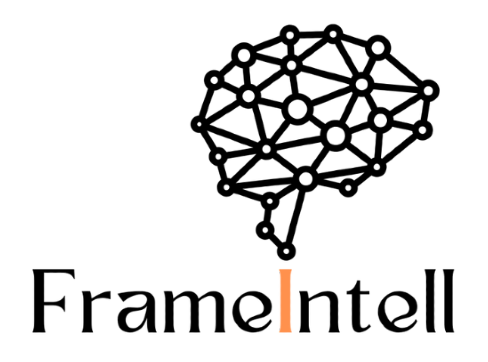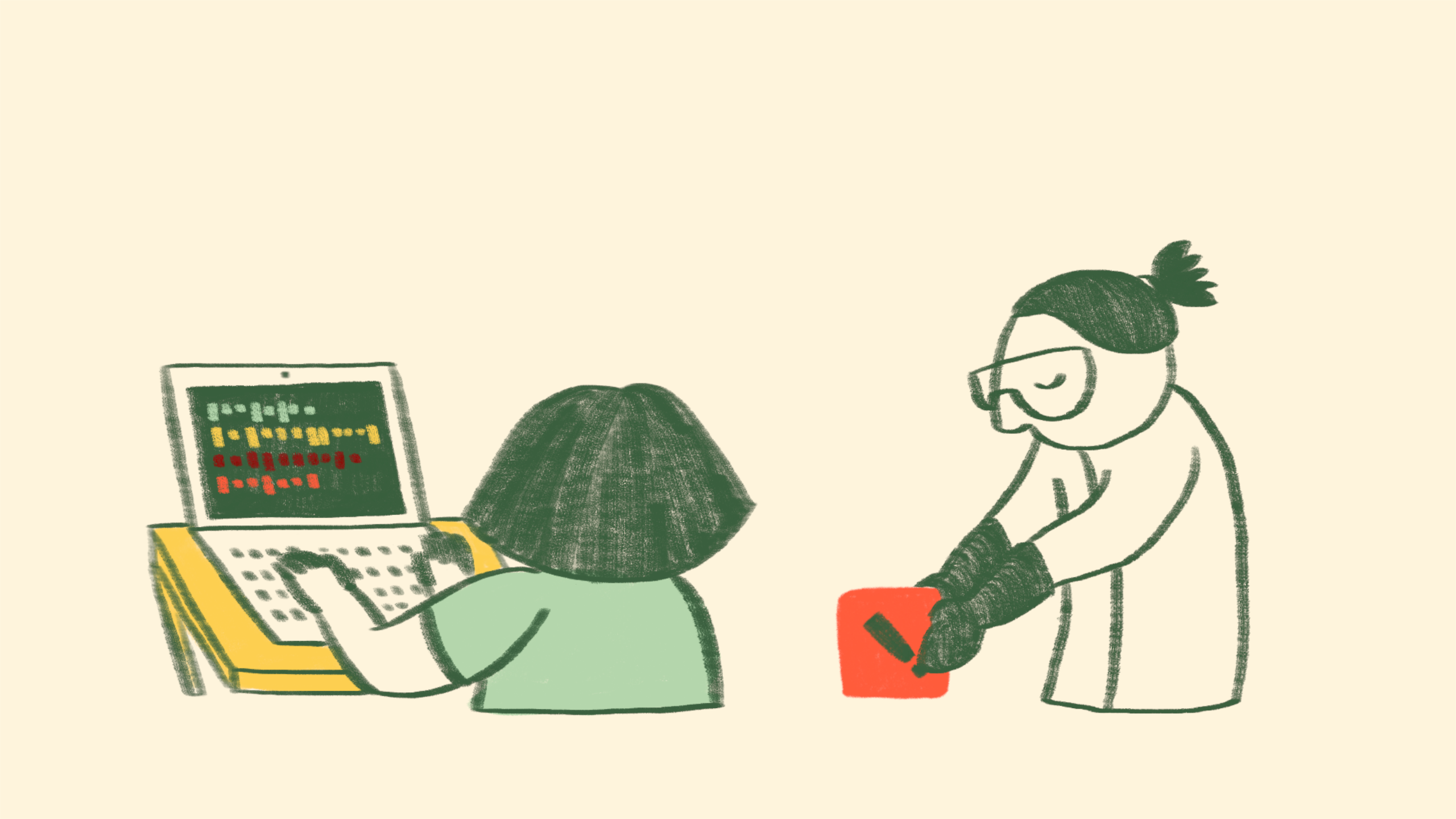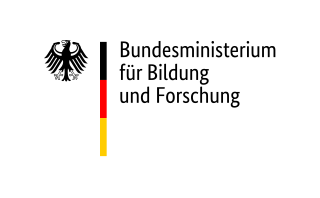Help! My vacuum cleaner is intelligent!
By Marcel Kückelhaus
June 24, 2024
Not too long ago I finally watched the movie Terminator where Arnold Schwarzenegger plays a cyborg (half human half machine) that has come back in time to destroy humanity. “What a ridiculous idea”, I thought when I turned off my TV after 90 minutes of a quite bloody game of cat and mouse. A game where one man is running around half naked all the time, Schwarzenegger shoots but is almost as mute as a fish, and of course a damsel in distress has to be saved by a handsome knight in a parka. I pushed the story out of my mind and didn’t think any more about it – until two weeks ago, when I read an interview by Stephen Hawking in which he claims: “The development of full artificial intelligence could spell the end of the human race.” Oh shoot! Does that mean Hollywood was right?
The claim that artificial intelligence marks the end of humanity is based on the idea that being artificially intelligent also means having an extraordinary dislike for humans. Otherwise, how could we explain that an AI would try to get rid of us all? It is a weird notion that a machine that is intelligent would see it as a necessity to exterminate the human race. As the Frankfurter Allgemeine Zeitung put it in an article titled Intelligent Robots will be fascinated by life in 2015: “We humans are more intelligent than Ants. Nonetheless, we're not trying to terminate them all."
The Term 'Intelligence'
‘Intelligence’ is a term that is not clearly defined. Computer science distinguishes between weak AI and general AI (or AGI) – the latter being a human-like intelligence. Biologists talk about artificial and biological AI and in our data we find that about 1.000 different types of intelligence (measured by the amount of occurrences with the pattern ADJECTIVE/NOUN + INTELLIGENCE) are referred to in biomedical contexts. Teachers, in contrast, sometimes wonder if there is any intelligence in the room when they explain for the hundredth time that the verb in the third person singular present simple takes an ‘s’. What I’m trying to say is that there is no simple definition of ‘intelligence’ and that there are many different ideas on what a being has to be capable of to be assigned this attribute.
If we look at texts from computer science, a general AI has to be able to use one ability that it was trained to use for one task to solve another problem without being told so. Philosophy tells us that an individual has intelligence when it is conscious and biological studies say that in order to be conscious you need to feel pain. A claim that is daring considering that Pinocchio is conscious for certain but doesn’t feel a thing!
Who is intelligent?
But in earnest, there is yet no clear understanding of what ‘intelligence’ is. For some species we are sure that they are intelligent (humans) for others the debate is in full swing (fish). In his book Other Minds Peter Godfrey-Smith argues that at some point in evolution, the development of intelligence has simply taken different paths towards its goal. Similar to a pair of siblings who want to have an impact on the world: one becomes a politician, the other a teacher – None inferior to the other but utterly different.
Despite the fact that we have no clear picture of what intelligence looks like, we are still far away from any artificial intelligence that has human capacities. 50 years ago some scientists were sure we’d be there by now, today many doubt if we ever get there. That means, Hollywood might scare the hell out of us with their ideas of AI, but in real life the only intelligence we might be wary about is our own.



